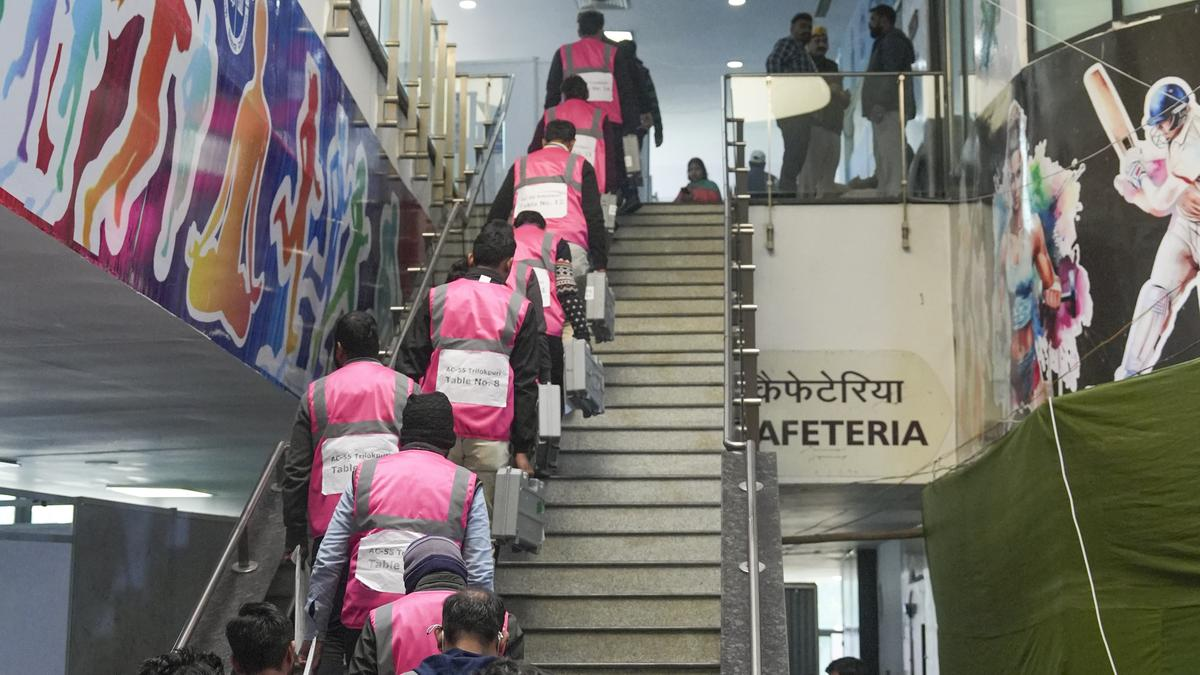Description

Copyright infringement not intended
Context - Several Politicians and activists have raised concern over illegal phone tapping.
Details
- In India, phone tapping can be done by the governments at the Centre and in the states under the Indian Telegraph Act, of 1885 and the Information Technology Act, of 2000.
- The Telegraph Act of 1885 deals with interception of calls.
- The IT Act of 2000 was enacted to deal with the surveillance of all electronic communication.
- Phone tapping is prohibited without an authorising order from the Home Secretary of the Union government or of the state government concerned.
- The government has also authorised 10 central agencies to intercept, monitor and decrypt any information generated, transmitted, received or stored in any phone and computer in the country.
- The 10 agencies; Intelligence Bureau, Narcotics Control Bureau, Enforcement Directorate, Central Board of Direct Taxes, Directorate of Revenue Intelligence, CBI, NIA, Cabinet Secretariat (RAW), Directorate of Signal Intelligence and the Commissioner of Delhi Police.
Arguments in favour of Phone Tapping
- Phone tapping and Surveillance are necessary to protect the interest of the nation, and the unity and integrity of India.
- To ensure the security of the State.
- To maintain friendly relations with foreign States.
- To ensure Public order.
- To prevent crime and to ensure justice.
Arguments against Phone Tapping
- Many opposition leaders and experts have called it “unconstitutional” and “an assault on fundamental rights”.
- Against the Supreme Court verdict of the (Right to) Privacy judgment and the Aadhaar judgment.
- Against individual’s Rights as it is the Violation of human rights, fundamental rights like the right to life and liberty, Right to privacy, freedom of expression.
Concerns
- The government is monitoring citizens closely, interlinking databases from transport and bank accounts to school enrolment and mobile phone connections.
- Interlinked databases can lead to comprehensive discrimination such that HIV positive people, people with mental illness, terminal illnesses, divorces or marginalised community backgrounds are denied jobs, homes and medical care.
- Governments are currently far more powerful than Facebook, with their control of the police, the army and other instruments of force; therefore we need a strong data protection law to protect human rights that can protect us from the government power.
Way Forward
- Government should assure the citizens that it has the technology and systems to protect the data collected.
- Assure the citizens that it will do everything possible to prevent unauthorised access to data.
- Recognise all dimensions of the right to privacy and address concerns about data safety, surveillance, and use of personal identifiers.
- The data controllers should be made accountable for the collection, processing and use of data.
- Government should show its seriousness in addressing data security and privacy issues by adding more layers of security to the system.
- There must be a balance between the Right to Privacy and National Interests.
https://indianexpress.com/article/explained/explained-rules-for-tapping-a-phone-rashmi-shukla-ips-7882937/#:~:text=Rule%20419A%20of%20the%20Indian,charge%20of%20the%20Home%20Department
















